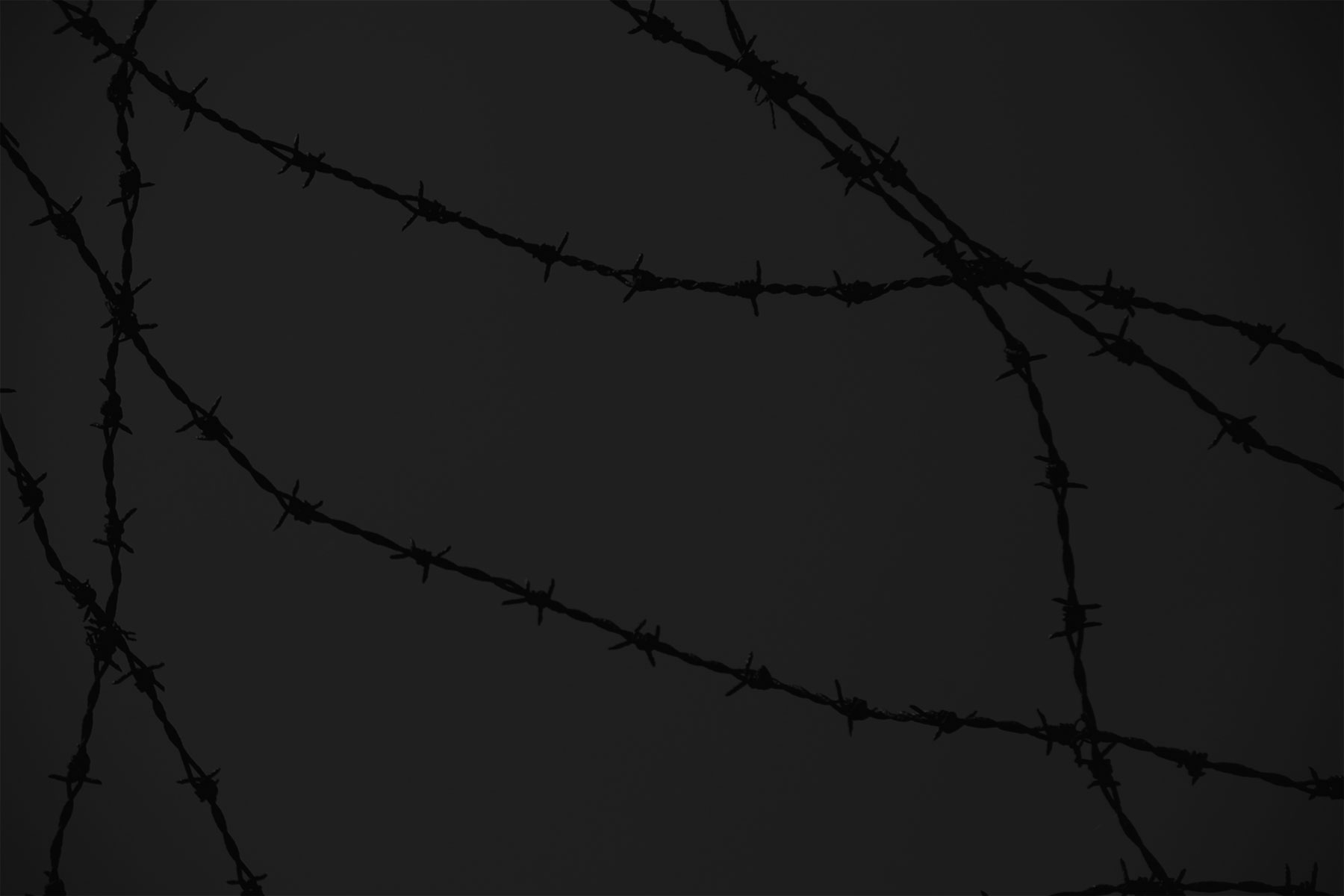Religious Leaders on Immigration Detention: A Force to be Reckoned With
Today (29 July 2015) was the day that the Court of Appeal smashed the government’s hopes to bring the Detained Fast Track back to life anytime soon. In a beautifully worded judgment, the Master of the Rolls Lord Justice Dyson observed that “the consequences for an asylum seeker if mistakes are made in the process are potentially disastrous”.
Once again, the DFT was put on trial, and once again, it was found guilty. But today is also the day that our campaign went on. In fact, victories like todays give us an additional reason to keep up the fight. This evening, a small little room in the Diocese of Southwark was packed with members of the London Churches Refugee Network and other faith communities discussing the Detention Inquiry.
Eiri Ohtani (Detention Forum), Jerome Phelps (Detention Action) and Souleyman (Freed Voices) shone light on detention from different angles. They talked about the importance of keeping the Detention Inquiry alive, and stressed that they cannot do this alone. After all, campaigners are the type of people many politicians prefer to avoid.
@Rabbi_Lea shares the reason why @tzelem_uk rabbis couldn't walk away from the issue of detention #Time4aTimeLimit pic.twitter.com/6C8AhOh36O
— René Cassin (@Rene_Cassin) July 29, 2015
The clergy in the room felt that this was where they could lend a helping hand. Rabbi Muhlstein stressed: “Our local MP is a member of our congregation. It is much harder for politicians to brush us away.” A little later, Rabbi Mason reiterated that religious leaders and communities “are a conduit between campaigners and decision makers”. Bishop Clark from agreed, but he also reminded everyone in the room that change starts in the constituency. If constituents are clear that something needs to be done, faith leaders stand on a much firmer foot when talking to decision makers.
@rabbidavidmason talking about the Jewish reasons for caring about detention #Time4aTimeLimit @tzelem_uk pic.twitter.com/3YTy2Z7D8T
— René Cassin (@Rene_Cassin) July 29, 2015
We also heard a moving account of how a group of Rabbis become involved in #Time4aTimeLimit campaign. That once they learnt about UK’s practice of indefinite detention and how this was causing tremendous amount of trauma both on individuals and communities, they could not walk away from it. This led to their mass visit to Harmondsworth Immigration Detention Centres, followed by an interfaith tent on Harmondsworth Moor.
Eiri urged all attendees to encourage their MPs to go to the parliamentary debate on the Detention Inquiry scheduled for September 10th. In particular if MPs are new, this is a great opportunity to brief them about the key recommendations made by the report. Many attendees seemed keen to do so, and promised to reach out to their networks. We are very grateful for their support.
The Detention Forum team
The Detention Forum would like to thank London Churches Refugee Network, Rene Cassin, Detention Action and JRS UK for making this meeting possible.
